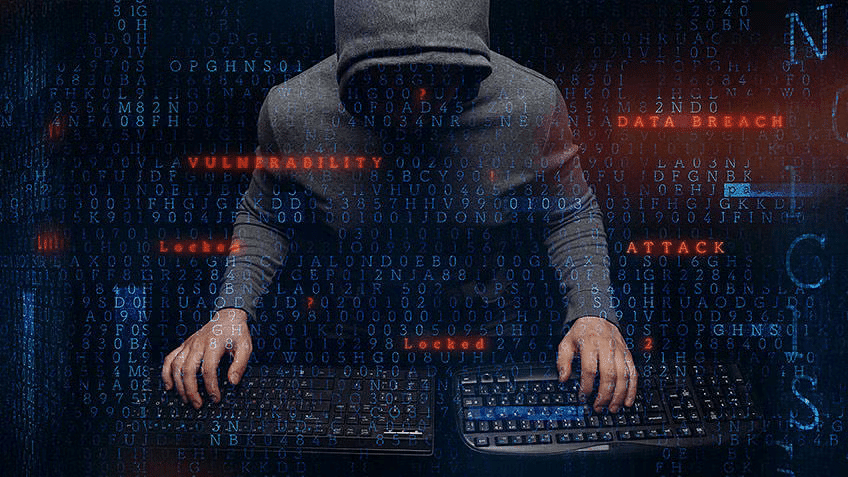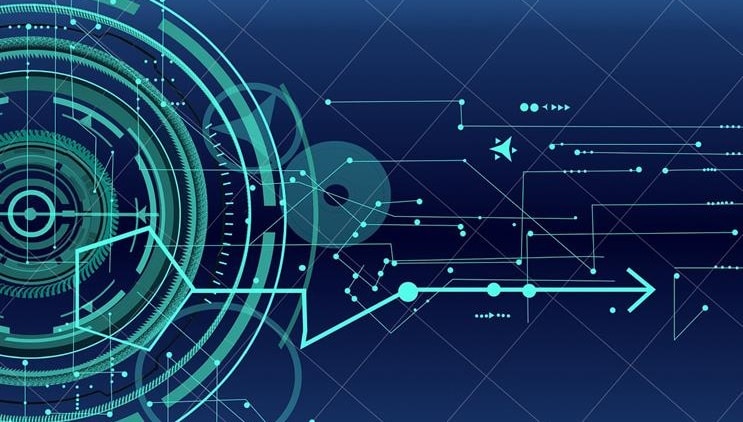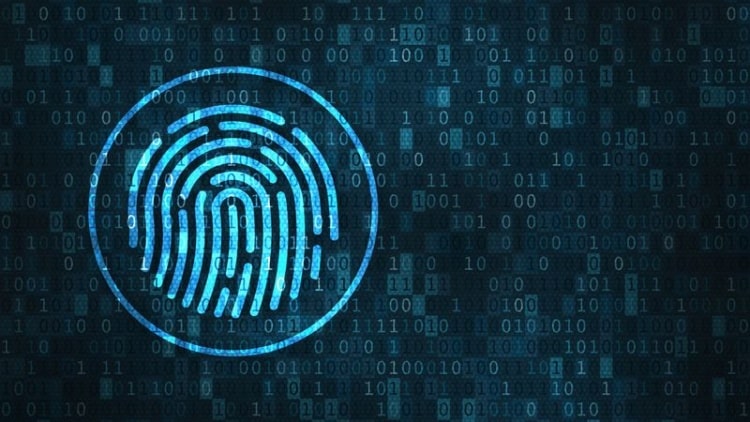Today, we’ll be diving into the fascinating world of ethical hacking, exploring its various aspects, and understanding how it fits into the larger cybersecurity landscape. So, let’s jump right in and uncover the good, the bad, and the ugly side of ethical hacking.
What Is Ethical Hacking?
Ethical hacking, also known as “white-hat hacking,” is the practice of intentionally probing computer systems, networks, and software applications for vulnerabilities. The key difference between ethical hackers and their malicious counterparts, the “black-hat hackers,” is that ethical hackers have the system owner’s permission and work to uncover flaws to improve security.
Ethical hackers play a crucial role in the cybersecurity world. They help organizations identify weaknesses in their systems and provide recommendations on how to address these vulnerabilities. In doing so, they protect sensitive data, prevent unauthorized access, and maintain the overall integrity of a system.
The Good Side of Ethical Hacking
One of the most significant benefits of ethical hacking is that it actively contributes to strengthening an organization’s cybersecurity defenses. By identifying vulnerabilities before malicious hackers can exploit them, ethical hackers help businesses stay one step ahead and maintain a secure environment for their customers and stakeholders.
Ethical hackers also play an essential role in raising awareness about cybersecurity best practices. Through their work, they demonstrate the importance of adopting robust security measures and help educate businesses and individuals on how to protect their systems and data.
Ethical hacking has become a sought-after skill set in the tech industry. As cybersecurity threats continue to evolve, there is a growing demand for professionals who can help organizations stay secure. This has opened up a lucrative and rewarding career path for those who choose to specialize in ethical hacking.
The Bad Side of Ethical Hacking
One of the primary challenges with ethical hacking is the fine line that exists between ethical and unethical hacking. While ethical hackers have good intentions, they still use the same tools and techniques as their malicious counterparts. This can make it difficult to distinguish between the two, leading to ethical dilemmas and potential legal issues.
In some cases, ethical hackers may face legal and regulatory challenges. While their intentions are to help organizations improve security, they may inadvertently cross legal boundaries or break laws in the process. It’s essential for ethical hackers to understand the laws in their jurisdiction and ensure they have proper authorization before conducting any hacking activities.
Another downside of ethical hacking is the potential risk of accidentally creating new vulnerabilities while attempting to uncover existing ones. Ethical hackers must be cautious in their approach to ensure they do not unintentionally compromise the systems they are trying to protect.
The Ugly Side of Ethical Hacking
One of the most significant concerns regarding ethical hacking is the potential for misuse of skills and knowledge. While ethical hackers have noble intentions, it’s not uncommon for individuals to use their skills for personal gain or malicious purposes.
The world of cybersecurity is often described as an arms race between hackers and defenders. As ethical hackers uncover new vulnerabilities and develop innovative ways to protect systems, malicious hackers respond by creating new techniques to bypass these defenses. This ongoing battle can lead to an ever-escalating cycle of attacks and countermeasures, making it increasingly challenging to maintain a secure environment.
As the line between ethical and malicious hackers becomes increasingly blurred, it can be challenging to determine who is truly working for the greater good. Some individuals may start as ethical hackers but later turn to malicious activities, while others may use their ethical hacking knowledge to masquerade as “good guys” while conducting nefarious activities behind the scenes.
The Future of Ethical Hacking and Cybersecurity
As our reliance on technology continues to grow, so too does the importance of ethical hackers. In a world where data breaches and cyberattacks are becoming more frequent and sophisticated, ethical hackers are crucial in helping organizations maintain robust security measures and protect sensitive information.
The Role of Artificial Intelligence and Machine Learning
The ever-evolving nature of cybersecurity threats means that ethical hackers must constantly adapt and learn to stay effective. Ongoing education and training will be critical in ensuring that ethical hackers are equipped with the latest knowledge and skills to tackle emerging threats and protect the digital landscape.
Acquiring the Necessary Skills and Knowledge
If you’re interested in pursuing a career in ethical hacking, it’s essential to acquire the necessary skills and knowledge. This typically involves learning programming languages, networking concepts, and various hacking tools and techniques. Many ethical hackers also have a background in computer science, information technology, or a related field.
In addition to acquiring the necessary skills and knowledge, earning certifications can be an excellent way to demonstrate your expertise as an ethical hacker. Some popular certifications in the ethical hacking field include the Certified Ethical Hacker (CEH) and the Offensive Security Certified Professional (OSCP).
Finally, to become a successful ethical hacker, it’s essential to build a portfolio and gain real-world experience. This can involve participating in bug bounty programs, working on open-source projects, or collaborating with other ethical hackers on various initiatives. By gaining hands-on experience, you’ll be better prepared to tackle the challenges of ethical hacking and make a meaningful impact in the world of cybersecurity.
In Conclusion
Ethical hacking is a complex and multifaceted aspect of the cybersecurity landscape, with both its advantages and drawbacks. By understanding the good, the bad, and the ugly sides of ethical hacking, we can better appreciate the vital role it plays in protecting our digital world. As ethical hackers continue to evolve alongside emerging threats, it’s essential to support their work and recognize their contributions to a more secure and resilient digital landscape.






